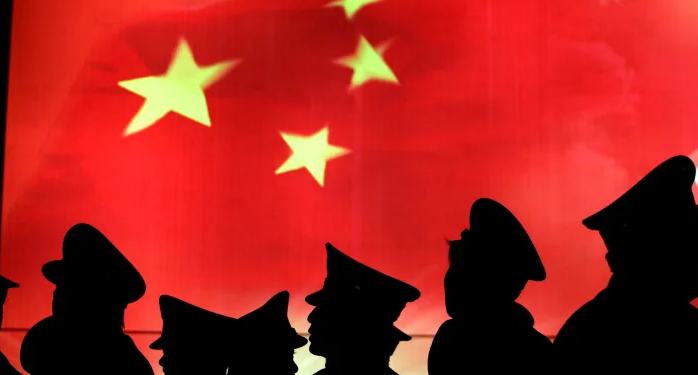China wants foreign investment, but it wants them on its own terms. However, Beijing’s terms aren’t clear for now — and it’s raised concerns and triggered second guessing in the global business community.

Last Monday, state broadcaster CCTV singled out a consulting company for not complying with China’s national security laws. Shanghai-based Capvision Partners was just the latest company recently subjected to such investigations in the mainland. In March, U.S. due diligence firm Mintz told Reuters police raided its Beijing office, and detained some of its Chinese staff. In April, U.S. management consultancy Bain & Co reportedly confirmed police visited its Shanghai office.
These firms provide due diligence services, which companies and investors routinely employ to determine whether suppliers are complying with rules and regulations – not just in China, but in other jurisdictions as well. They also audit supply chains, among many other services.
At a time when China is actively encouraging foreign investment into the world’s second-largest economy that has been deeply hurt by the country’s long-held zero-Covid policy, such an escalation in China’s concerns about data is hurting sentiment and seems at odds with its overt claims of openness.
“It may seem a paradox,” said Chong Ja Ian, an associate professor at the National University of Singapore who studies Chinese foreign policy. “But this is consistent with what we have seen of the current China leadership: they want more control over all facets of society.”
“This is a government that built its legitimacy on performance, so they would be anxious to maintain a perception of control when the country is facing more pressures from different directions now,” he told CNBC.
… So much of what is now regarded as national security or state secrets is not sufficiently defined or classified.
At a regular press conference helmed by China’s Foreign Ministry a week ago, Beijing appeared keen to downplay the Capvision probe as an isolated incident.
“These are normal law enforcement actions consistent with Chinese laws that aim to promote sound and well-regulated growth of relevant sector and safeguard national security and development interests,” said ministry spokesperson Wang Wenbin.
As with many nations around the world, China has taken steps in the last decade to shore up its oversight of data.
This includes passing a data security law in 2021 on the protection of information involving national and economic security and on issues of important public interest.
Chinese lawmakers passed a wide-ranging update to Beijing’s anti-espionage legislation in April, banning the transfer of any information related to national security – but authorities did not provide a clear definition of “national security” and sought to broaden the definition of spying.
Furthermore, Beijing has reportedly recently restricted foreign subscriber access to certain financial and economic data of Chinese firms on Wind Information portals.
“The enforcement actions seem very arbitrary now,” Lester Ross, a foreign lawyer in China, told CNBC. “To have multiple companies involved now in this crackdown and the restriction of financial data to foreigners, it appears that Chinese security departments are on to something larger.”
“A major question about Chinese law generally is the need for greater precision in delineating what’s permissible and what’s not: so much of what is now regarded as national security or state secrets is not sufficiently defined or classified,” Ross added.
The accusations against Capvision included claims the consultancy was among those used by foreign institutions with “complex backgrounds” as a pretext to steal state secrets and intelligence in key sectors while evading the law. Chinese authorities alleged that Capvision accepted more than 2,000 remittances from hundreds of overseas companies totaling $70 million between 2017 and 2020, according to a CNBC translation.
State-owned CCTV claimed that Capvision tapped on a vast “network of experts” of about 300,000 people in areas ranging from domestic policy research, national defense and military technology to banking, finance and medicine.















